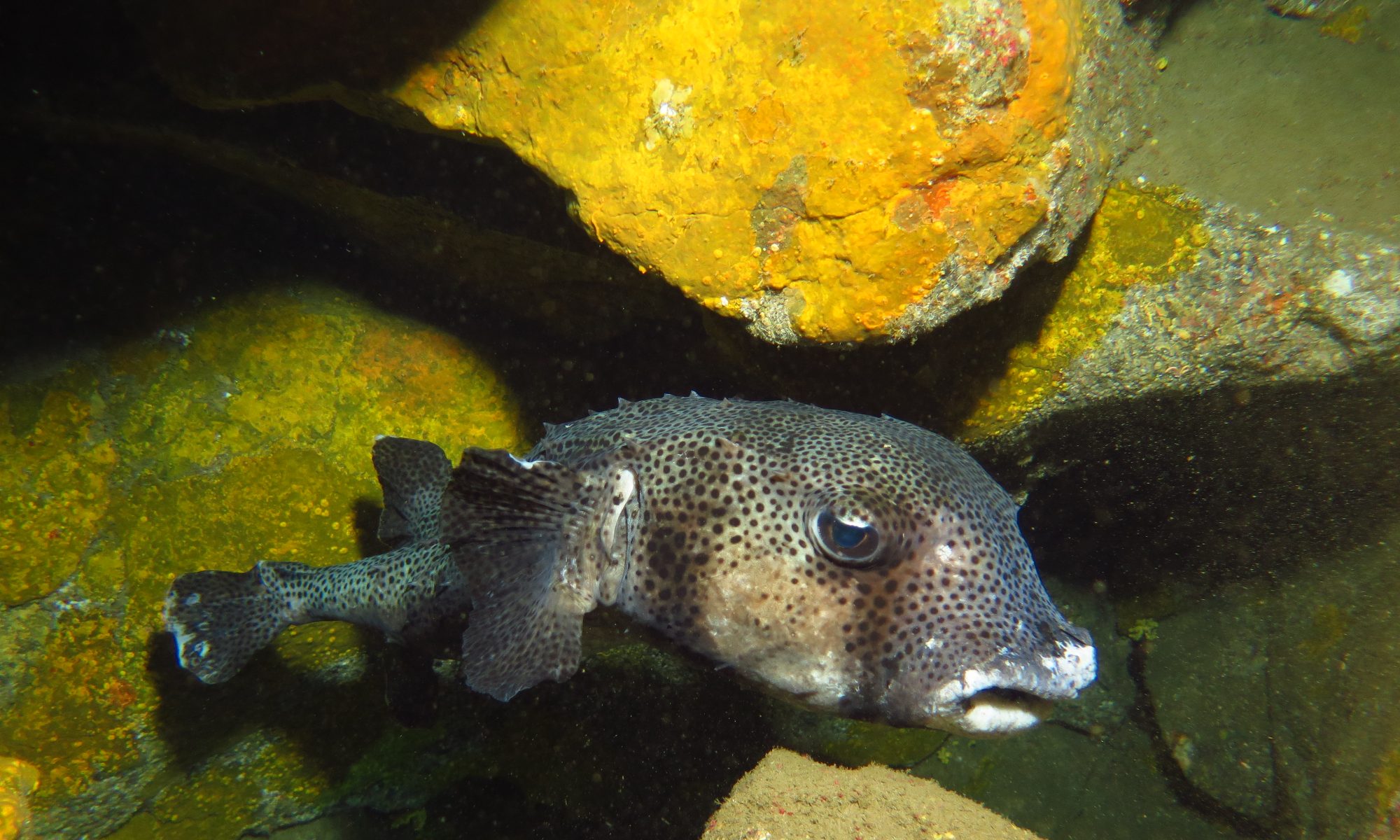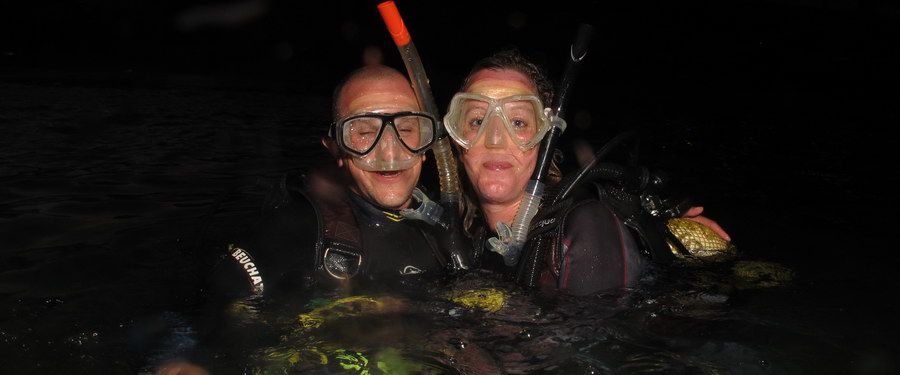Are you thinking about trying the dark side on your next diving holiday? .. and going night diving! For some it seems a risk too far.. an extra complication to deal with, while for the converts it can produce magical dives, meetings with strange nocturnal creatures, and a feeling of having witnessed something privileged or secret. Night brings out secretive and sometimes strongly coloured creatures like the White-spotted octopus (Octopus macropus) and many species behave differently between night and day.
I have been leading night dives for our guests for the last sixteen years and some of my favourite underwater discoveries and encounters have been on these dives in Gran Canaria, so here are my tips to help you enjoy your night dives even more.
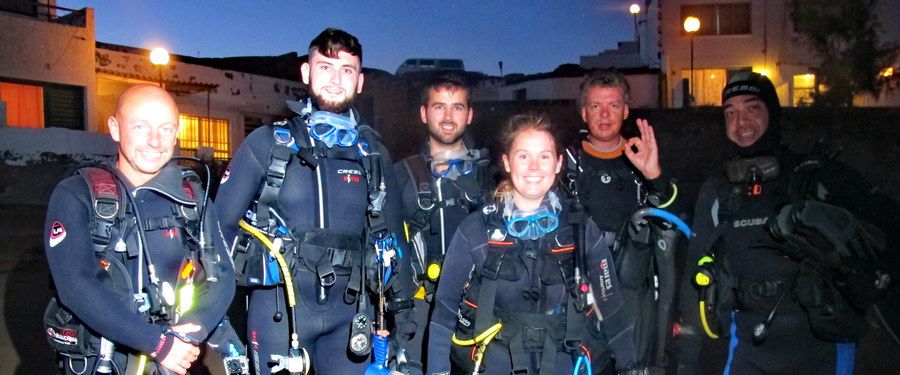
Five tips to get the most out of your holiday night dive
It is very easy to have a great night dive on your holiday, by following some simple steps and discover the changes from day to night underwater. We find that first timers, photo-journalists and professional photographers always love the unique variety of marine life and colours they find when they dive at night in Gran Canaria with us. We have even put together a night dive simulator so that you can see how with a narrow beam of light you see clearly the many strange and amazing creatures who come out at night.
This article assumes that you are diving on holiday with a professional diving centre, live-aboard team or professional dive instructor, who will show you their special place where they do night dives. It also assumes that you have had some basic night drive training or experience already and want to improve your enjoyment and fun on further night dives.
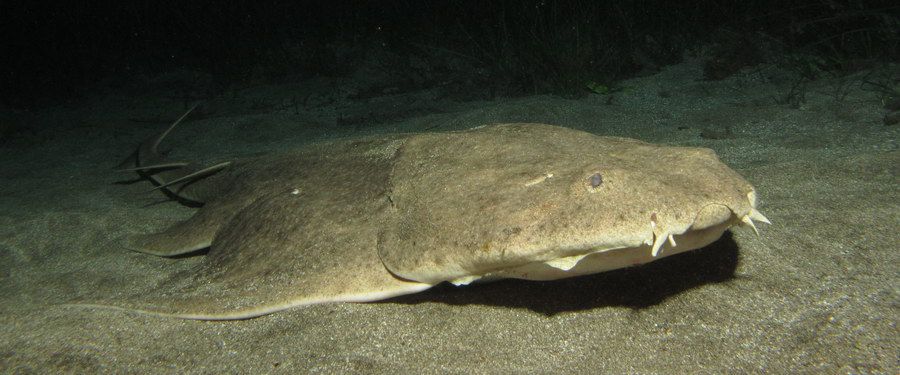
Tip 1 – Follow your best practices and don’t change much
In your preparation and during the dive just do it by the book! All the simple things we learn, and then sometimes relax about, should be done tonight!
Start with a careful preparation of your kit, new or charged batteries in both your torches and any cameras, and listen carefully to the briefing, good buddy check before the dive, stay close to your buddy, be aware of where the leader, other divers are, and monitor your air regularly. No surprises there… and don’t introduce too many changes to your normal kit. A night dive is not the place to check out a new BCD and suit, or to experiment with your weight, buoyancy or trim.
Tip 2 – Follow the local procedures
Different training agencies and dive centres all have variations on a theme for minor standards, so always follow the local protocols carefully. To avoid confusion for night dives most dive centres use simple local rules and common standards as it can be slower to work out who is who underwater.
For example we have several simple protocols/guidelines – you should always store your spare torch in the left-hand BCD pocket so everyone knows how to help you find your spare. We have our standard procedure for diver separation, and as you cannot do air signals easily with one hand, some simple local procedures when checking air. Finally we have a couple of simple ‘standards’ at the end of the dive – don’t put anything down on the ground (put it in our vehicle) and we have one special place (a big yellow box) for any small items such as cameras, computers, masks, gloves and hoods – so nothing gets lost or left behind in the dark.
Tip 3 – Slow down .. and relax into the dive!
If you take your time moving along a reef, or a wall, or even across a patch of sand, you will see all the strange creatures that come out at night with names like Atlantic dancing shrimp, European locust lobster, or my favourite, the spotted bumblebee shrimp! Your heart rate will slow and you will use less air, and you will have a fantastic long slow dive!
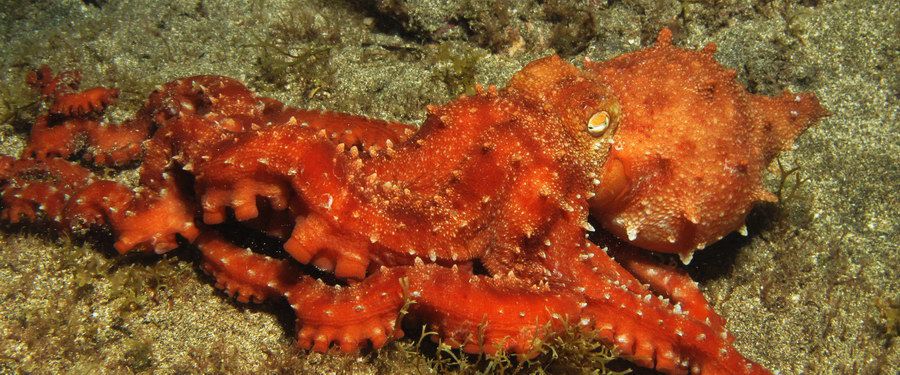
Tip 4 -Set your camera up carefully to get great photos
If you take your camera, make a few changes before you get in the water. As most pictures are close-ups at night I take off my dome port (which is for wide-angle) and set the camera to macro mode, as well as increasing the ASA to capture more light. If you have a flash experiment with new settings to get the best combination of sharpness and depth of field.
When you are underwater take care not to ‘blind’ the fish (they loose their night-vision) by shining your torch directly in their eyes, and limit the number of flashes per subject for the same reason.
Before you get in the water work out an important factor for your camera … where the light comes from for the autofocus! Most small compact/action cameras usually get around the problem of focus in low light by using a focusing lamp.. but this is often obscured by the camera housing or too weak to be able to focus on anything more than 30cm away.
If you have a strobe with a modelling light then that can give light on your subject, or you can use a weak video lamp which provides a flat even light and gets overpowered when you fire the strobe.
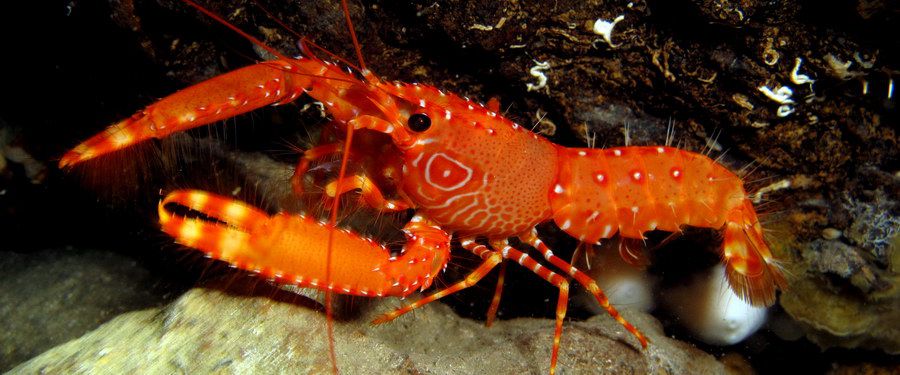
Tip 5 – Get that buoyancy control spot on!
If there is one key skill to master for your night dive it is relaxed buoyancy control. During the day it is usually very easy to see if you are moving up and down by reference to the sea-floor or walls or other visible objects. However at night these visual clues are less visible, and you don’t want to be floating up and away from your group as it can lead to separation.
Just make small changes to your buoyancy, and stick close to the bottom or any wall you are following, and of course keep close to your buddy and use him or her as a reference for where you should be in the water.
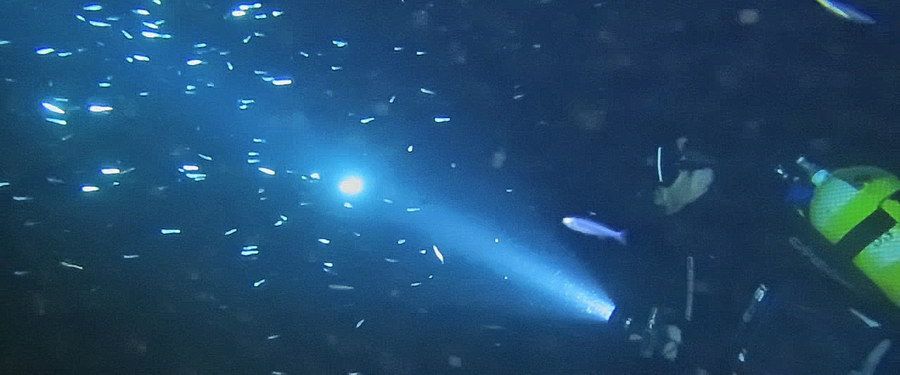
Brian Goldthorpe is a BSAC Advanced Instructor and a PADI Master Scuba Diver Trainer with ‘Elite’ status. He has been diving in the Canary Islands since 2002 where he runs a diving centre in Gran Canaria – Davy Jones Diving
